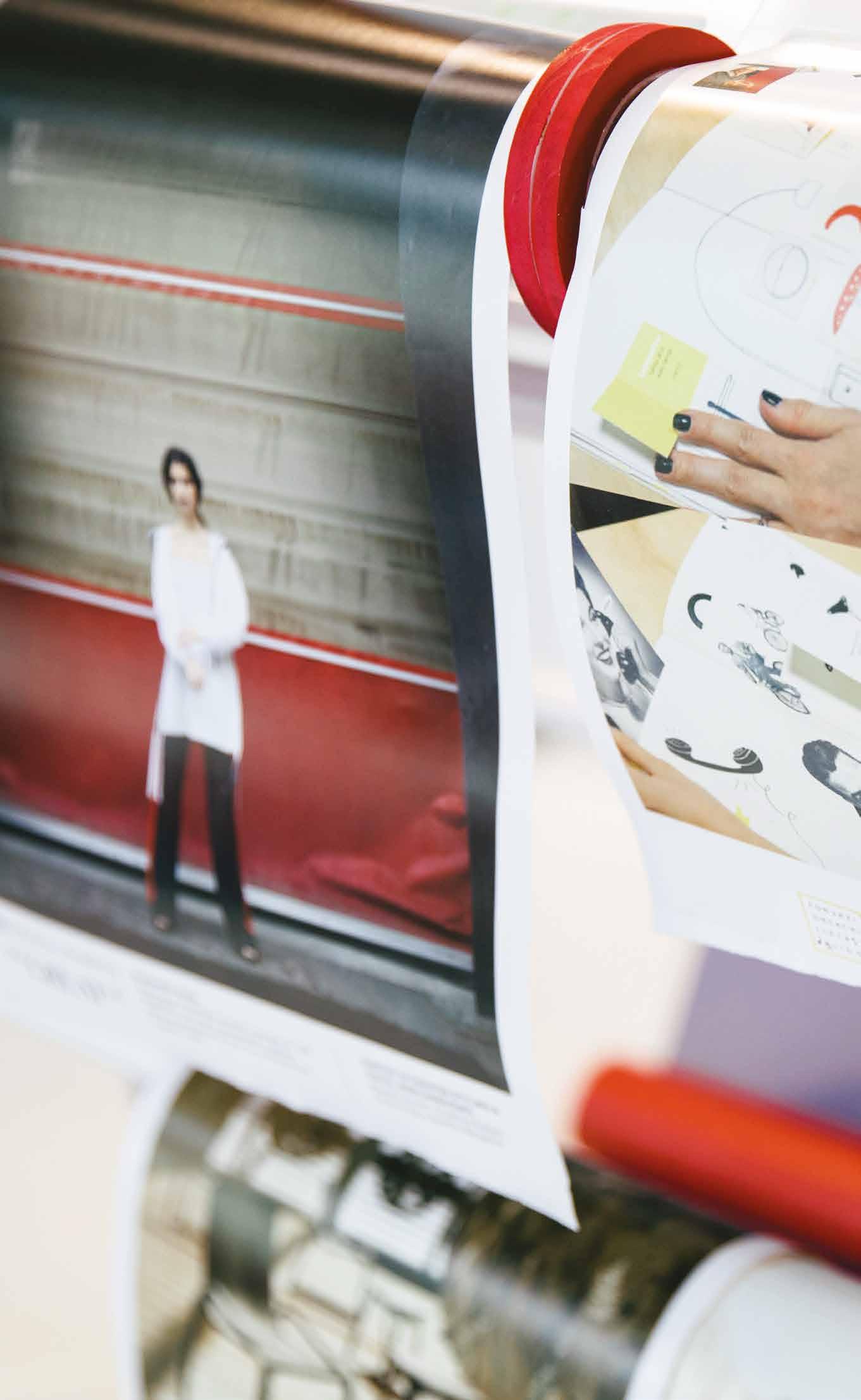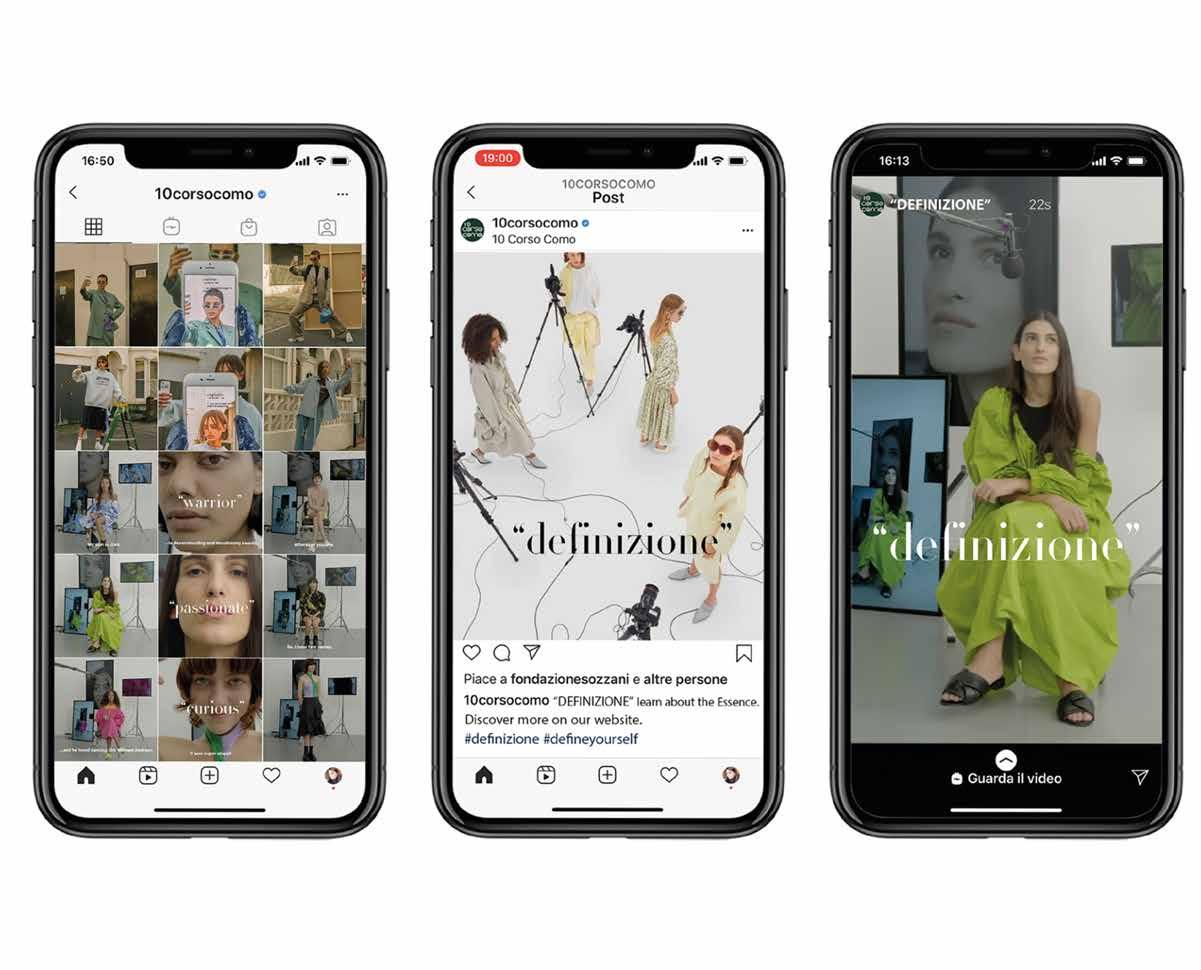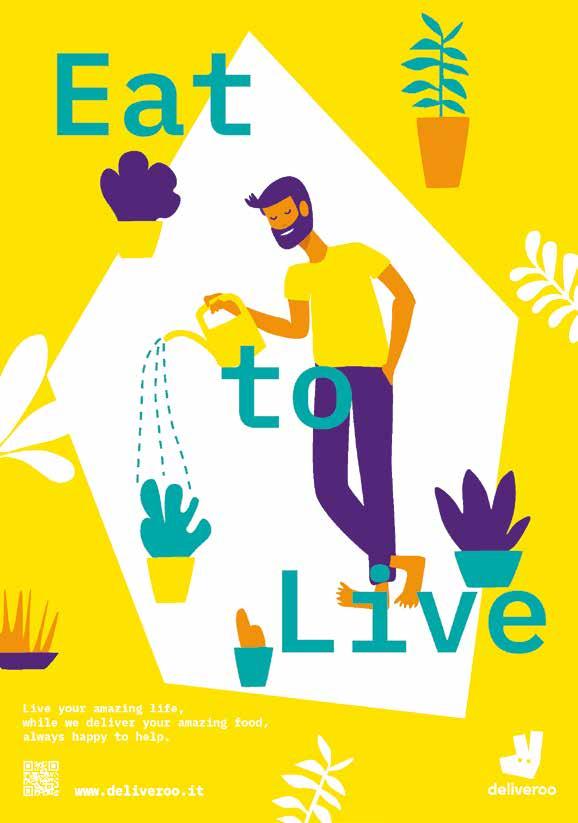
3 minute read
Master’s in Service Design
08
MASTER’S IN SERVICE DESIGN
Advertisement
CORE WORKSHOPS Experience Design Service Design ELECTIVE WORKSHOP One to be chosen among: Envisioning Product Strategy Experience Design Service Design FINAL PROJECT WORKSHOP
New information and communication technologies are revolutionising the way services are offered and used, leading to constantly changing needs and desires, both in the public and private sectors. Service Design, applying an integrated and multidisciplinary approach, operates within this context and is tasked with dissecting and embracing social change in order to build solutions and experiences today that will meet the needs of a rapidly evolving tomorrow.
The Master’s Programme in Service Design uses a cross-disciplinary approach, teaching prototyping skills, problem-solving and business design to help students develop innovative service ideas. Through field research and user observations, students will detect unmet user needs and develop compelling solutions to address them, gaining experience with the design of physical and digital systems, all while working in close contact with professionals, firms and public-sector organisations.

LEFT PAGE: AMUNITY, project by Chialing Hsieh, Wenjun Ou, Wiphawee Maneengarm, Jingyi Yu in collaboration with Technogym TOP: BOTTOM: MILEND, project by Mili Arvindbhai Rathod, Mohana Saraf, Mert Bozaydin, Chialing Hsieh, Yuxiang Sun in collaboration with Comune di Milano BOTTOM: MEDIMATE project by Wenjun Ou, Sheng-chi Huang, Vorapa Vorapanya in collaboration with Experientia
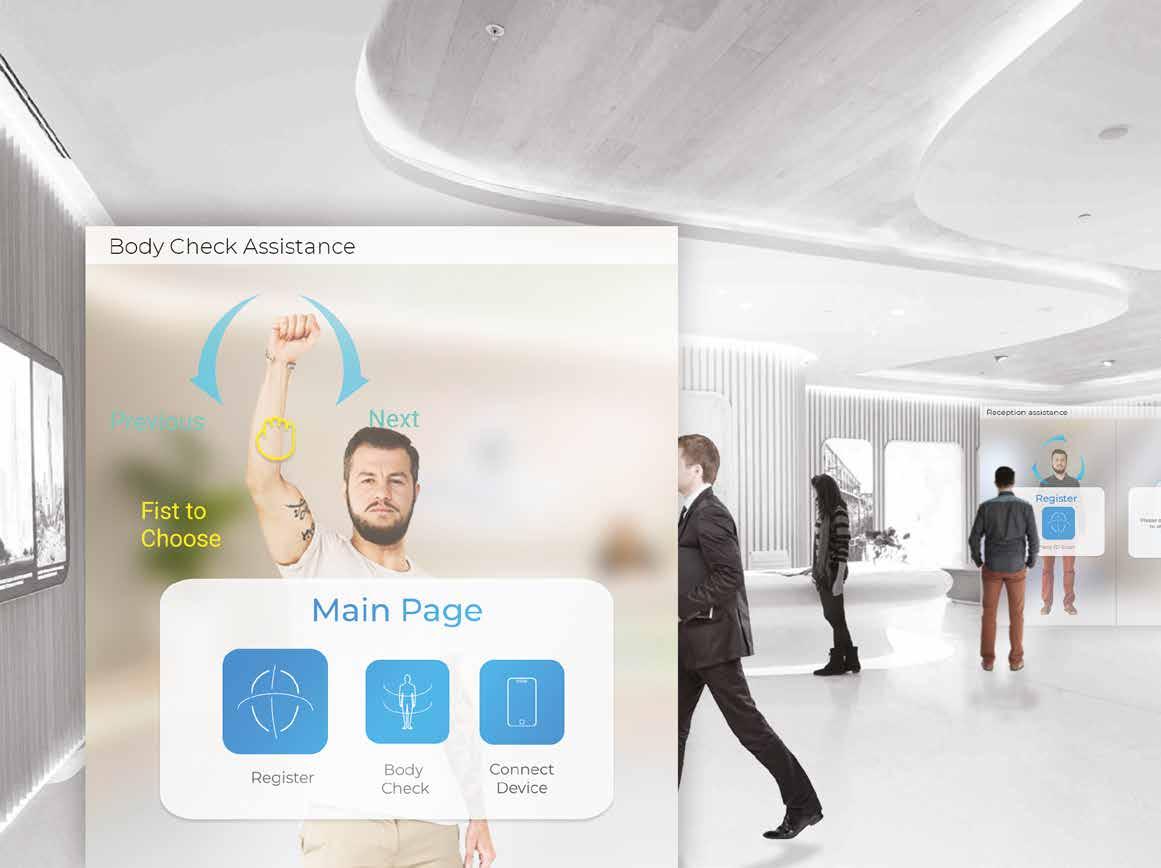
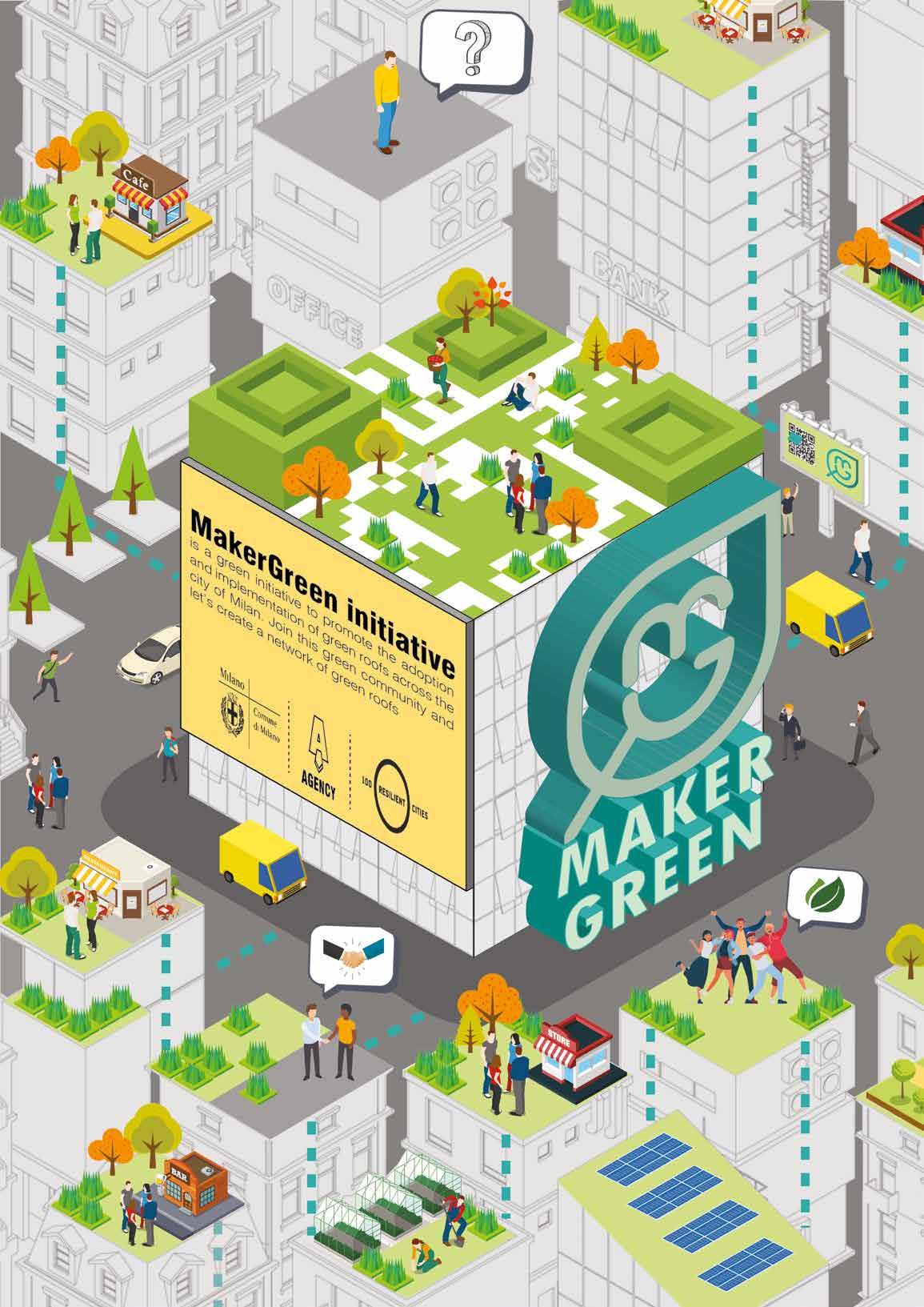
MAKERGREEN project by Wan-Ting Chuang, Wiphawee Maneengarm, Shruti Tarun Saha, Sreelakshmi Vinodkumar, Xue Mingjin in collaboration with Comune di Milano
The programme is directed at candidates who have a first-level degree and/or professional experience in product design, visual and graphic design, interaction design, architecture and interior design. The programme is also open to candidates who hold a degree/diploma or have professional experience in communication science, psychology, sociology or equivalent disciplines if they are motivated by a strong interest to carry out research into the programme’s subject area.
LEARNING OUTCOMES
On successful completion of this programme students will be able to:
- Classify the nature and characteristics of services and illustrate their complexity;
- Develop a personal and reflective thinking on the diverse dimensions of service design concerning the strategic levels and implications;
- Develop a design-driven thinking and a multidisciplinary approach to manage service complexity;
- Explain the constitutive features of the user experience discipline in order to integrate them into a service design solution;
- Develop specific knowledge about the branding and positioning issues related to service offers and industries;
- Judge the financial sustainability of a service design project proposal. - Analyse potential areas of investigation in creative professional practices related to the field of Service Design;
- Evaluate the main research and design methods, tools and techniques required to develop service design projects;
- Design interventions at all scales and for a wide range of services (private and public) industries and sectors;
- Create use scenarios and experience prototypes to simulate and validate a service design solution;
- Evaluate different system modelling methods and blueprinting techniques for service process development;
- Select the appropriate storytelling technique for the presentation of a project depending on the audience and the expected results.
CAREER OPPORTUNITIES
Graduates of the Master’s in the Service Design Programme will be equipped to work as service designers, experience designers, design researchers and design strategists at design consultancies, large corporations and service companies, as well as with NGO’s, government agencies and research institutions, or to start their own consulting businesses.
COMPANIES
The Master’s Programme has worked with: Accenture Digital, Cisco, IBM, International Training Center (ITC) of the International Labour Organization (ILO), McKinsey Design, Midea, Municipality of Bogliasco, Ostello Bello, Repower, Sharing Cities and 100 Resilient Cities for the Municipality of Milan.



